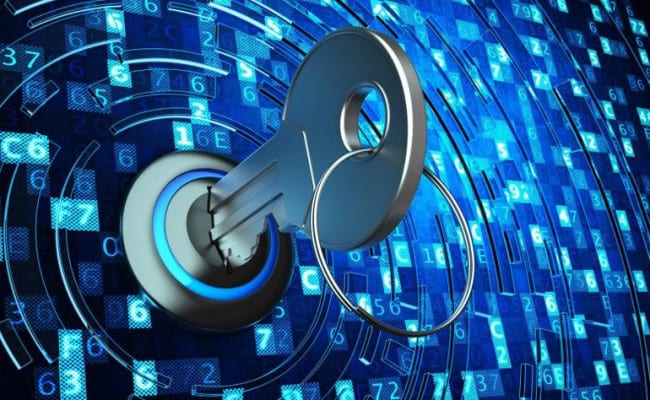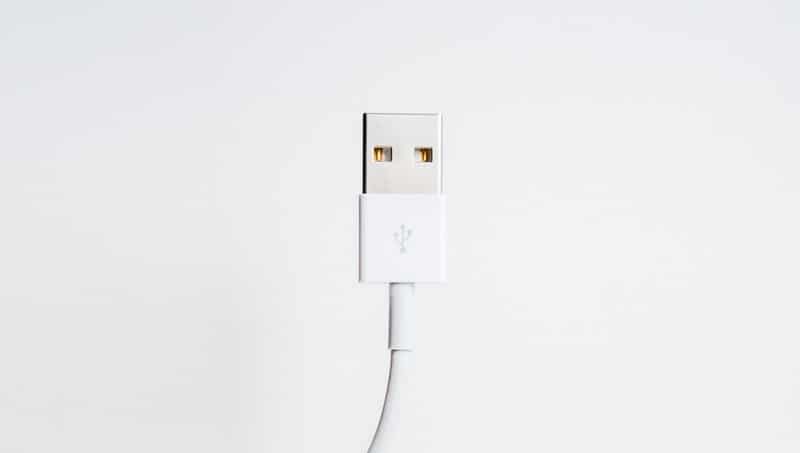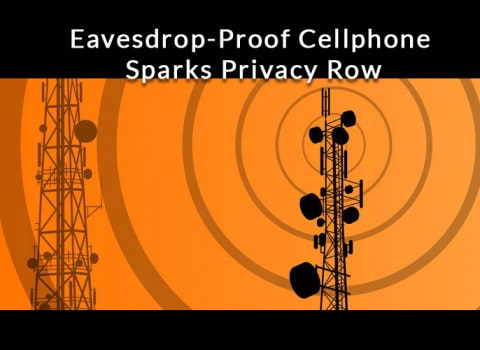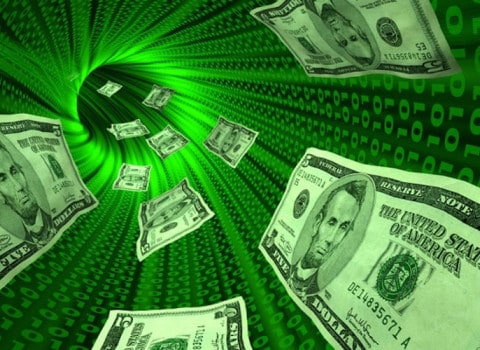HANOI: Authorities in a southern Vietnamese province have restricted access to Internet sites critical of the government, state-controlled media reported Saturday.
Owners of Internet cafes in Dong Nai province, next to Ho Chi Minh City, are required to prevent customers’ access to websites with “bad content” and to install software to Monitor PC’s via SNMP and control the information available to view, the Thanh Nien (Young People) newspaper said.
Police are also requiring Internet cafe owners to keep for 30 days customers’ personal information such as names, addresses, identification numbers and the duration of their Internet access.
The newspaper said the measures were meant to comply with a Minister of Public Security directive announced on Jan 29. It was unclear whether the restrictions were to be applied throughout the country. Officials weren’t available for comment Saturday.
Last year, the Culture and Information Ministry proposed a slew of regulations aimed at policing the Internet, such as requiring Vietnam-based websites to obtain licences and seek approval each time content is changed.
The ministry also wanted to hold Internet service providers and cybercafe owners responsible for monitoring customers’ activities. It’s not known whether the Public Security Ministry’s decision was related to the earlier proposals.
There are more than two million Internet users in Vietnam, which introduced the service in 1997. Most of the customers at the country’s estimated 5,000 Internet cafes are students between the ages of 14 and 24, according to a 2002 survey.
Vietnam maintains tight control over all information, with the government using firewalls and Network & Ping Monitoring Tools to block websites with pornography, violence, and especially criticism of Vietnam’s one-party communist system.
At least four dissidents have been jailed in Vietnam in recent years for posting Internet articles critical of the government. — AP




